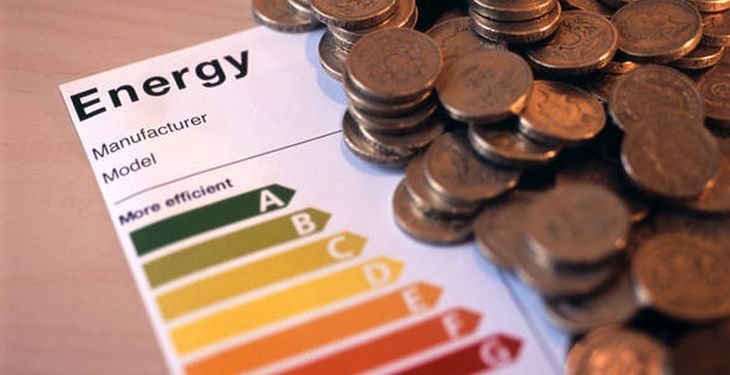The four largest political groups in the European Parliament have united behind proposals to raise the EU’s energy efficiency target for 2030, saying this will help ease energy prices for consumers and eliminate imports of Russian fossil fuels, according to Euractiv.
On Monday (11 July), the Parliament’s four largest political groups – the centre-right European People’s Party (EPP), the Socialists and Democrats (S&D), the centrist Renew Europe (RE) and the Greens – tabled joint amendments for the revised energy efficiency directive.
In May, the European Commission already proposed raising the EU’s energy efficiency target to 13% by 2030, up from the 9% figure it originally put on the table in July last year.
Now, the main highlight is a higher energy efficiency target of 14.5% by 2030 compared to the 2020 reference scenario.
“We acknowledge that 13% in REPowerEU is already ambitious, but we can also go higher – we want to see if possible that we reach 14.5%,” said Pernille Weiss, a Danish Christian Democrat MEP.
“This corresponds to a reduction of 40% for final energy consumption and 42.5% for primary energy consumption respectively when compared to the 2007 Reference Scenario projections for 2030,” the four parties said. The current EU target is a reduction in energy consumption of 32.5% based on the 2007 projections.
The additional reduction offered by the new 14.5% target results in cutting 740 million tonnes of oil equivalent (Mtoe) of final energy consumption and 960 Mtoe of primary energy consumption in 2030 respectively, according to the joint proposal.
In addition, public authorities in EU countries would have the obligation to reduce their energy consumption by “at least 2%” every year in order to “ensure that the public sector fulfils its exemplary role,” the joint proposal says. This is up from 1.5% in the Commission’s earlier plans.
